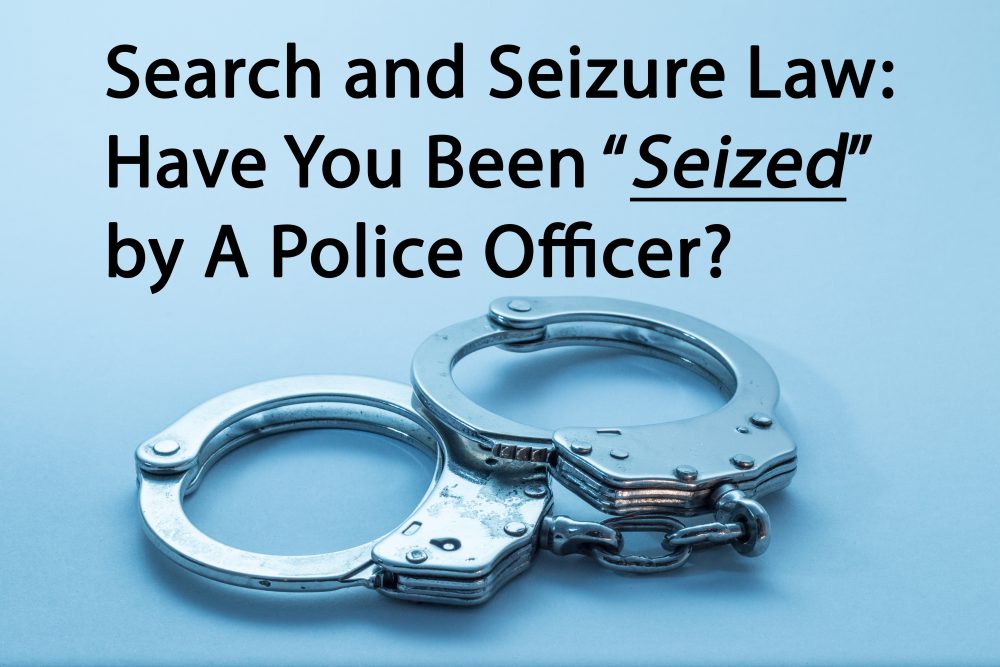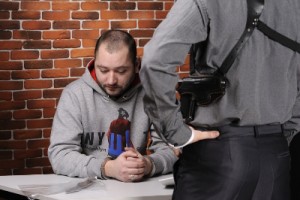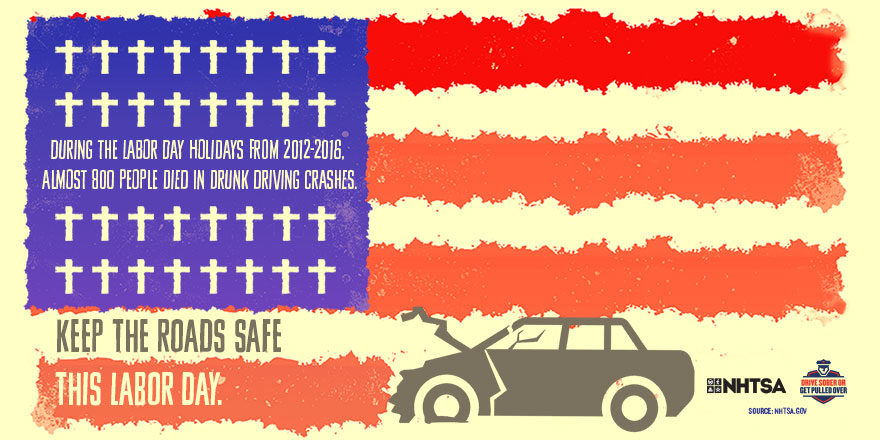With the onset of worsening weather conditions and fewer hours of daylight, a new “education and enforcement” effort is under way to help bicyclists and cars better share the road.
Under the new program, police officers are encouraged to treat bicyclists equal to drivers when it comes to stopping and ticketing people for traffic violations. Officers will specifically be looking for lighting violations, which include improperly equipped bicycles, and traffic violations, such as failing to obey stop signs and stop lights.
The Washington Traffic Safety Commission provides a free brochure on its Web site which outlines safety tips for bicyclists as well as the laws bicyclists must follow:
My Opinion? I’m not buying it. Can we say, “New and creative way to ticket people and generate revenue for empty City coffers?” Personally, I don’t see the need for “education and enforcement” of bicycle laws. No accidents have happened. There’s no great increase of bicyclists (I’d think fewer, given worse weather conditions). There’s no growing agitation between bicyclists and motorists. If it ain’t broke, don’t try and fix it.
My greatest concern is that police have more incentive to pull bicyclists over and conduct a DUI investigation. Section 45.61.502 of the Revised Code of Washington, which details driving under the influence and penalties, refers to people driving a vehicle. A vehicle, as defined in RCW 46.04.670, “includes every device capable of being moved upon a public highway and in, upon, or by which any persons or property is or may be transported or drawn upon a public highway, including bicycles.”
Not good for bicyclists . . .
Please contact my office if you, a friend or family member are charged with a crime. Hiring an effective and competent defense attorney is the first and best step toward justice.














